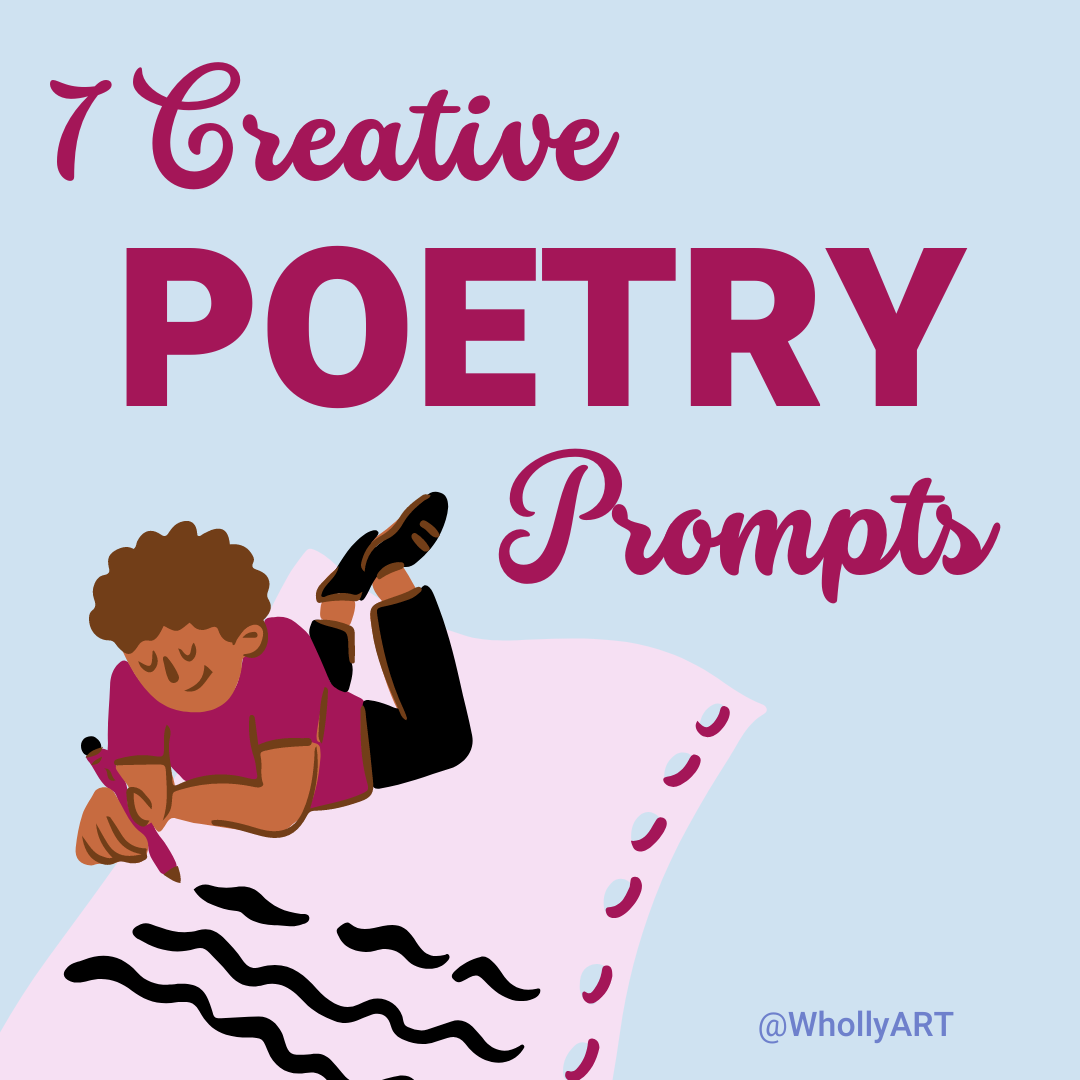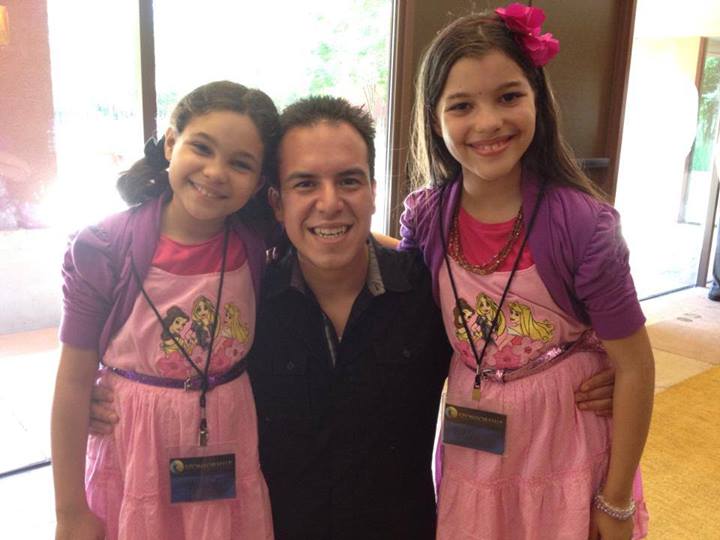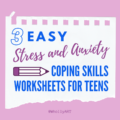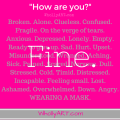How To Write Poetry: 7 Creative Poem Prompts to Get You Started

As exam season gets closer and closer, we probably find ourselves busy, overwhelmed, and even burnt out!
It can be really difficult to be creative: especially when you get absorbed in assignments, meetings with teachers and classmates, clubs, and other extracurriculars. I feel so tired and exhausted that I don’t feel like having fun, because yes, having fun does take up energy.
Even if you’re feeling like me, it’s important to have activities that you can destress in.
Writing is one such activity for me!
Writing “Therapy”
Many studies have found that writing can be therapeutic mentally and physically, and there are many positive benefits to writing.
In order to reap these positive benefits, however, you have to engage in specific types of writing exercises that tap into both your thoughts and your feelings. Poetry is one of them.
I see poetry as the intersection of both thought and feeling on paper. It’s the opportunity to be messy, unorganized, even incoherent in expressing yourself.
It wasn’t until a year ago that I discovered just how powerful poetry can truly be.
My Poetry Journey
I’ve been writing little rhymes and poetry for as long as I can remember. I loved taking old nursery rhymes and inserting my own words or continuing the rhyme.
If you were to look over my journals/diaries and even my school notebooks over the years, you can see scrawling in the margins of my notes of random phrases or lines that I would think of as poetry ideas.
I wrote about anything and everything. My frustrations with gossip and fake friends, my relationship with food and my body, my hopes for the future.
I would even get existential and start to explore deeper questions about my identity, meaning, and purpose. Needless to say, there was a lot of middle-school and early teenage angst in my earlier works!
I kept writing poetry, and I eventually developed my own style, and then realized that I loved bending and breaking the rules of different types of poems. That was when I started embracing calling myself a poet.
Late last year, I found a poetry challenge to write a poem a day for 21 days (I actually invited my mom to join me, and it was a fun experience writing poetry together).
I took that opportunity to write and publish my very first poetry collection, What’s Wrong With Me?, and explore different experiences I had with depression, low self-esteem, and working on my own self-worth and self-compassion.
I am incredibly proud of What’s Wrong With Me?. Sure, it’s cool to publish a book, but also because it helped me heal from pain and trauma. That poetry collection made me realize just how powerful poetry can be.

Different Types of Poetry
There are many different types of poems you could write, and if this is your first venture into poetry, I recommend dabbling in a bit of everything!
Finding your personal poetry style can take years sometimes (it did for me), so patience and a willingness to think outside of the box are key.
Here are 5 different poetry types to get you started:
- Haiku
- Free Verse
- Limerick
- Ode
- Sonnet
How to Start Writing Poetry
To start writing poetry, you have to look inside yourself. Decide that you are willing to be honest with yourself and be vulnerable in the writing process.
Writing poetry is intensely emotional at times, and it can bring up feelings you may have not felt before or haven’t felt in a long time. Prepare yourself for that possibility and then don’t push those feelings down. This will help you get the most out of your poetry.
Sometimes when we try to write about a memory or a past event, it can be easy to simply write what happened, and we lose sight of the surroundings and what is happening within us. I highly recommend using the five senses to guide your poetry writing and get a little deeper into your topic.
Sight: What do you see? This could be expressed with what objects/people you see, colors, shapes, nature, etc. Try changing up your perspective. Maybe you’re seeing something happen through the eyes of a spectator rather than your own eyes.
Hearing: What do you hear? List what sounds, music, or voices you heard in that moment. You could even include dialogue or inner dialogue!
Smell: What do you smell? Is the air crisp or burnt? Is your nose revealing something happening that you didn’t notice before?
Feel: What do you feel? When we talk about feeling as one of the five senses, we mean touch. Go specific with texture or sensation. However, feel also encompasses feeling words, use those to add more description!
Taste: What do you taste? Taste is usually equated with food or ingredients, but that isn’t always the case. You could taste the salty sea air, for example, or taste blood, or even just taste bitterness (a saying that means feeling upset/angry or jealous).
Poetry can be as clear or as abstract as you’d like it to be. You can write about getting a bad grade in a class or getting grounded by your parents, and never mention those things happening at all!
That’s the beauty of using analogy and metaphor: you can explain things without ever explaining them, yet still get the emotion across.
Also remember that sometimes less is more. The most impactful poems for me are the shorter ones, and I still re-read them and get emotional because of their simplicity. It doesn’t have to be sophisticated or complicated, it just has to be yours.
7 Creative Poem Prompts
You still might be asking yourself, but what should I write poetry about? That’s what I’m here to help you with!
Use these 7 creative poem prompts to get started:
- Write a music poem. Listen to a piece of music (with or without lyrics) and write down what you hear or “see” while listening and try to use imagery and concrete expressions.
- Write an apology or guilt poem. Think about a time you did something you feel guilty about or think about someone you have wronged. Dive into that feeling and try writing a letter style poem about it.
- Write a future/past self poem. If you were to write to your past or future self, what would you say? Explore this in your verses.
- Write a favorite memory poem. Go back to one of your favorite memories and think about why it’s important to you. Now try writing about it without giving details about what the memory is.
- Write a photograph poem. Look up or find a photograph of someone in your family (it could be friends, too). What do you think the person is thinking in the photo? Try to write from their perspective.
- Write an inanimate object poem. Pretend that you’re an object, like a bucket, a shoe, or a boat. Write as if you are that object. What is it doing/seeing/experiencing?
- Rearrange a poem. Take a poem you’ve already written and try changing the order entirely. Move the last line to the first, or switch words around!
I hope that as you write poetry, even beyond these prompts, you’ll notice positive benefits in your life. Writing poetry has taken a weight off my shoulders. I’ve noticed way more awareness in my emotions and an increase in peace and joy.
What will you write poetry about?
Elisha






Amazing blogs keep up the good work :)